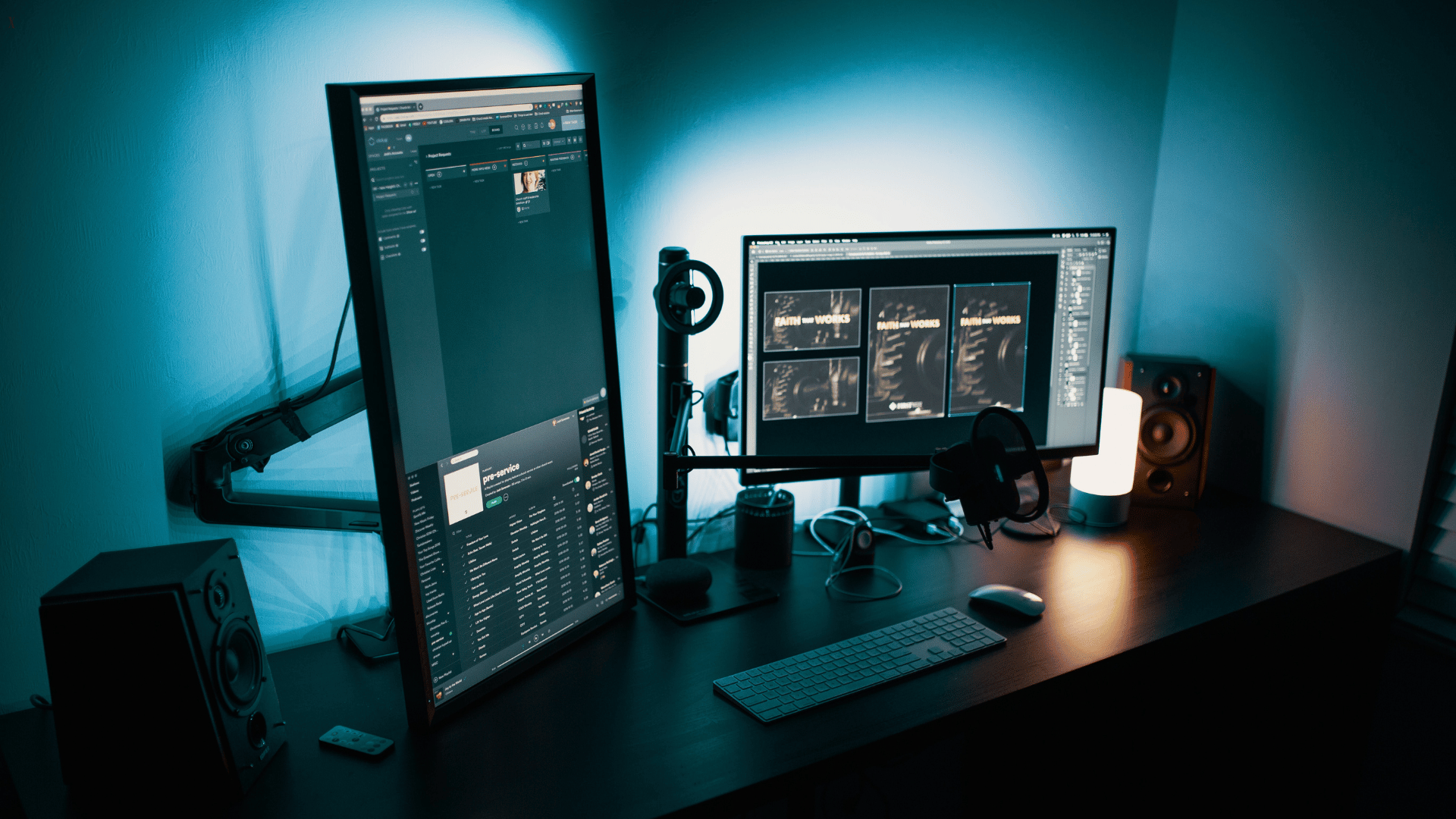The Best Setup for Beginner Developers
Author: Evan Bourne
Date: February 20, 2024

In the ever-evolving landscape of technology, beginner developers require setups that can keep up with their demands for learning, coding, and debugging. As we step into 2024, the search for the perfect setup for beginner developers continues. Let’s explore the essential components and tips for creating an optimal development environment.
-
Reliable Computer
A reliable computer is the foundation of any developer’s setup. For beginners, it’s important to choose a machine that offers a good balance between performance and cost. Look for a computer with a fast processor, ample RAM (at least 8GB), and a solid-state drive (SSD) for quick boot times and efficient multitasking. -
Comfortable Workspace
Creating a comfortable and ergonomic workspace is crucial for productivity and health. Invest in a good-quality desk and an adjustable chair to maintain good posture. Ensure your workspace is well-lit and free from distractions. -
External Monitor
An external monitor can significantly enhance your coding experience by providing additional screen real estate. This makes it easier to manage multiple windows and improves overall productivity. Aim for a monitor with good resolution and adjustable height for ergonomic benefits. -
Quality Keyboard and Mouse
A quality keyboard and mouse are essential for a comfortable and efficient coding experience. Mechanical keyboards are popular among developers for their tactile feedback and durability. Choose a mouse that fits comfortably in your hand and responds accurately to your movements. -
Development Software
Selecting the right development software is key to a smooth coding experience. Popular integrated development environments (IDEs) like Visual Studio Code, PyCharm, and IntelliJ IDEA offer powerful features that support various programming languages. Additionally, familiarize yourself with version control systems like Git to manage your code effectively. -
Learning Resources
Access to good learning resources can accelerate your progress as a beginner developer. Online platforms such as Codecademy, Coursera, and freeCodeCamp offer courses and tutorials on various programming languages and development tools. Books, blogs, and developer communities are also valuable resources for learning and troubleshooting. -
Internet Connection
A stable and fast internet connection is vital for downloading software, accessing online resources, and collaborating with others. Ensure your internet setup is reliable to avoid interruptions during your coding sessions. -
Backup Solutions
Regularly backing up your work is important to prevent data loss. Use cloud storage services like Google Drive, Dropbox, or GitHub to store your code and documents. Having local backups on external drives can also provide an additional layer of security. -
Time Management Tools
Time management tools can help you stay organized and productive. Applications like Trello, Asana, or even a simple to-do list can help you plan your tasks and track your progress. Developing good time management habits early on will benefit your development career in the long run. -
Community and Networking
Engaging with the developer community can provide support, feedback, and opportunities for collaboration. Join online forums, attend local meetups, and participate in coding challenges to connect with other developers. Networking with peers can lead to valuable learning experiences and career opportunities.